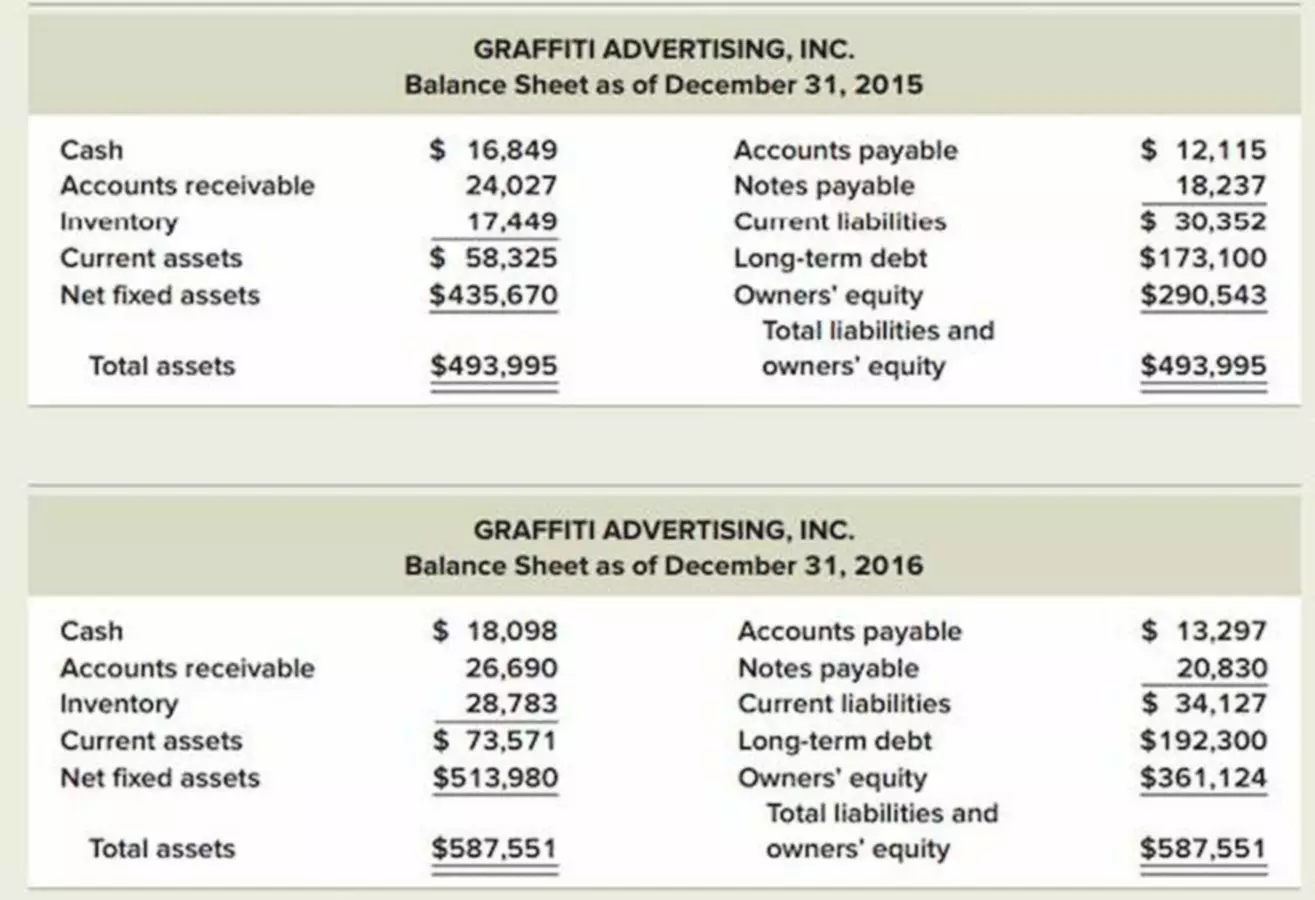Content

We’re honored that over 120 nonprofits trust us with their bookkeeping and accounting. And we’d be excited to show you how we can help your organization meet your goals. Instead, seek out an experienced nonprofit bookkeeping service you can trust. But here is a list of tasks that some nonprofits push onto their bookkeepers that are instead the role of an accountant. And beyond invoices and bills, the nonprofit bookkeeper must record bank deposits, manage donor acknowledgment letters, make adjusting bank entries, review the accuracy of their data, and reconcile bank and credit card statements.
Who uses QuickBooks the most?
The three top industries that use QuickBooks for Small Business Accounting are Accounting (2479), Bookkeeping (1765), Consulting (1347). Customers.
In those cases, nonprofit bookkeeping includes creating accurate invoices (that account for and collect any required sales tax) to track every sale. Nonprofit bookkeeping is the process of entering, classifying, and organizing financial data for the purpose of creating accurate financial records for your organization. The nonprofit bookkeeper is the front line in the battle for the accurate financial data you need to run your business, so let’s review the core responsibilities of a nonprofit bookkeeper. Sure, you’ll find overlap between the two roles In many small organizations. But the experience, responsibilities, and deliverables required of bookkeepers are very different from those required of accountants. A bookkeeper is not required to analyze transactions and often lacks the experience and education to do so effectively.
PROFESSIONAL BOOKKEEPING
Their insights and knowledge of our business help us to better understand our financials and related outcomes. It is a pleasure to work with Nonprofit Bookkeeping and our Board of Directors and team highly recommends their services. At Good Steward Financial, we work in the best interest of your organization. Our experienced and friendly team of accountants will answer all queries and help you make timely decisions for maximum organization benefits.
These firms have the experience you need for accurate nonprofit bookkeeping. There are specific solutions on the market today that are designed for nonprofit bookkeeping. If you find that your nonprofit is leaving money on the table, then you need better financial management. Money lost not only represents a missed opportunity for your organization, but it can also make it more difficult for you to be selected to receive funding in the future. Foundations want to choose nonprofits where their money will go to the best possible use, and that typically doesn’t involve their dollars sitting, unused, in your bank account for the duration of the grant period. Many nonprofits have earned revenue streams, like membership subscriptions, tuition fees, course enrollments, or sales at company stores.
Accounting Services
Accountants also are in charge of completing the necessary nonprofit tax forms, such as the required Form 990 that allows you to keep your 501(c)(3) status each year. Every business, including nonprofits, must protect themselves from fraud. While you’d nonprofit bookkeeping obviously like to trust everyone that volunteers or works for your organization, you cannot assume that you’re immune from these types of problems. Sometimes foundations or businesses will match any contribution made by employees with a grant.
What is QuickBooks for nonprofits?
QuickBooks lets you accept all types of donations. You and your volunteers can accept donations from a credit card, debit card, bank transfer, cash, or check. Your team can take and record donations right on their phone or mobile device. Tag donations to a specific program or fund for accurate bookkeeping.
Nonprofits must maintain thorough and accurate financial records to comply with both Generally Accepted Accounting Principles (GAAP) and maintain their tax-exempt status with the IRS. Maybe you need to outsource and hire both a nonprofit bookkeeper and accountant; maybe you have an in-house bookkeeper, but need help with accounting tasks from a certified CPA; or, maybe you simply need help filing your Form 990. Small nonprofits generally rely on their executive director to take on all of the financial responsibilities necessary to run the organization. This means they are simultaneously the nonprofit bookkeeper and the accountant for the organization.
Generally Accepted Accounting Principles for Nonprofits
We can also serve as a liaison to the grantors, answering questions and explaining the financials directly to the grantors as needed – and taking a lot off your plate in the process. All of this happens while ensuring a steady stream of donations in an increasingly competitive nonprofit environment. We rely on our Nonprofit Suite team for our specific reporting needs, month end close, 990 preparation and overall management of our audit process.
They can also recommend you the best nonprofit auditing firm to complete the audit. Nonprofit finances are no joke, so knowing who you can depend on to support your economic growth is crucial to your success. In this article we’ll go over the duties of both nonprofit bookkeepers and nonprofit accountants to show the differences of each role. My experience inspired me to share some basic bookkeeping best practices for nonprofit organizations. We are passionate about Accounting for Nonprofits and can serve as your outsourced advanced bookkeeping and accounting department. We provide the expertise you need to help your nonprofit serve more people, raise more money, and drive your mission forward.
SERVICES
Many nonprofits are defrauded by bookkeepers who have been given free access to financial records with little staff or board oversight. Your bookkeeper may be handling cash, depositing checks, entering donors’ credit card numbers and viewing other sensitive information. So you need to conduct thorough background and credit checks — including following up on references — and always provide proper supervision by a trusted manager. Your outside accountant can work with your organization on some simple oversight and compensating controls. No one understands the complexity and nuance of nonprofit bookkeeping quite like the compliance professionals at Foundation Group. Jitasa’s bookkeeping and accounting services are specifically for the nonprofit sector.
- These differences will help determine the best hiring choices to meet your nonprofit’s needs.
- Establishing internal bookkeeping controls and policies is the first step to reducing your risk of fraud.
- They can choose to hire in-house accountants or outsource their accounting to a specialized firm.
- And we’d be excited to show you how we can help your organization meet your goals.
- In this article we’ll go over the duties of both nonprofit bookkeepers and nonprofit accountants to show the differences of each role.
Perhaps you have revenue coming into the organization from a myriad of different sources and need to be more effective at fund accounting. Fund accounting is required of all tax-exempt nonprofits by industry regulator Financial Accounting Standards Board (FASB). When you choose Supporting Strategies for this work, you gain a partner that is aware of the latest changes involving revenue recognition, presentation of financial data, and more. Supporting Strategies is skilled at nonprofit bookkeeping and adept at setting up the software and systems needed to capture data in a way that will streamline the tax preparation process, especially for IRS Form 990. An otherwise qualified bookkeeper with only for-profit experience can be a good candidate for your organization. But if you hire such a person, make sure he or she understands that there are differences between for- and nonprofit accounting.
Your Nonprofit is Only as Strong as its Bookkeeper
Whenever funds change hands or data needs to be recorded regarding nonprofit finances, a nonprofit bookkeeper is responsible for keeping those records up-to-date and organized. Since every nonprofit is different, it’s impossible to say one software is the best – but there are some excellent options. Look for a program that is easy to use, efficient, and available on numerous devices.
Additionally, it can lead to missed opportunities in the form of “untranslated” financial information or unidentified financial insights. Wheelchairs For Warriors is on a mission to help as many injured veterans as possible. However, as they began applying for larger grants, without accurate reporting they did not look healthy from a financial perspective and were initially turned away. Find out how in just one year, they jumped from a $75,000/year grant to a $150,000/ year grant- from the same foundation… To become an accountant, one must complete at least a four-year degree. Accountants can then pursue further training to obtain various specialized certifications, such as certified public accountant (CPA), chartered financial analyst (CFA), or certified internal auditor (CIA).
Bank and Credit Card Reconciliation
They organize the data and ensure accuracy so the accountant can create reliable and timely financial reports. Do a Google search on nonprofit bookkeeping, and you’ll find page after page of articles on nonprofit accounting. Fund accounting is unique and nonprofit finances are often made more public than for-profit finances. Therefore, keeping https://www.bookstime.com/ a tight lid on your finances and ensuring that you’ve made the right decisions is even more important. Your accountant should be ready to take on any challenge and have the experience to answer any questions about your financial health. It goes without saying that you should never use your personal bank account for your nonprofit organization.

Unfortunately, this last-minute bookkeeping and accounting model is not a healthy operational strategy for a nonprofit organization. Instead, your nonprofit’s numbers should be an integral part of every choice you make in your nonprofit. When you’re deciding which marketing campaign to run, which donors to treat to lunch, which fundraising events to continue the next year, or which neighbor to expand your services, you should be consulting your financial data first. A nonprofit bookkeeper is in charge of categorizing and recording transactions, reconciling bank statements, and producing financial statements.
This might sound obvious, but you’d be surprised how many organizations do not adhere to the latest accounting standards in the industry. There are major differences between the three types of bookkeepers and what each can offer your Nonprofit. Figure out which works best for your organization and start tackling the problems with your books. So, relying on them to operate the back office can lead to costly mistakes with tax filings and donation tracking.
